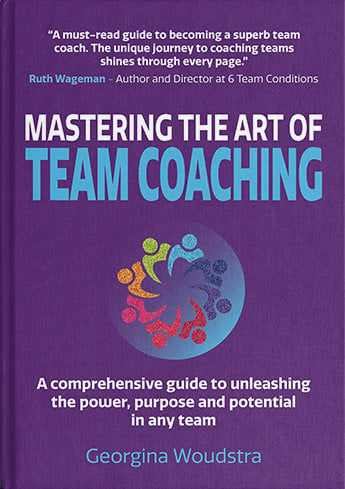Team coaching requires good foundations, including the core competency of meeting ethical guidelines and professional standards
I previously shared the TCS Team Coaching Competency Framework© in Coaching at Work magazine as a guide to the art of team coaching. Although these competencies appear simple, team coaching is far more complex in action because each team member arrives with different thoughts, feelings, energy and history.
Ultimately, our aim is for team members to join together and channel their energy towards a common purpose. This requires them to connect differently.
The journey begins with Setting the Foundation on which the coaching relationship is built.
There are two core competencies within this:
- Meeting ethical guidelines and professional standards
- Establishing and maintaining the coaching agreement
In this article, I will discuss the first competency, Meeting ethical guidelines and professional standards. This includes:
- Understanding and exhibiting coaching ethics1 in one’s own stance and behaviour as a team coach
- Clearly communicating the distinctions between coaching, consulting, facilitating, training, group therapy and other professions providing support and development to teams
- Referring clients to another team coach or support professional as and when needed.
A code of ethics forms the basis of good practice. For masterful team coaches it is also a state of mind. It enables us to operate from the fundamental belief that the team is creative, resourceful and whole. It enables us to be clear in our role.
I often get asked by coaches, “What if the client [the team] wants me to provide advice on how to drive team performance?” Or, “What if the client wants me to provide training on decision-making as a team?” My response is to ask the coach how they handle this in their one-to-one coaching. The first request is consulting and the second is training. Neither is coaching and it may be more appropriate for the client to be referred to another professional.
The role of the team coach is not to drive change but to create the conditions necessary to support the team in growing towards its potential. Therefore, team coaching focuses on active co-emergence with stakeholders and the environment.
A primary ethical objective of team coaches is to leave the team with the capabilities to continue functioning without them.
Finally, the interconnection of living systems brings a recognition that we are intrinsically linked to each other and our environment. An ethical future is based on our ability to collaborate, compromise and act together – all abilities fostered by the lived experience of great team coaching.

References
1 Refer to the ICF Code of Ethics:
http://bit.ly/2VmgkgF
and/or the Global Code of Ethics:
http://bit.ly/2AUAt41



